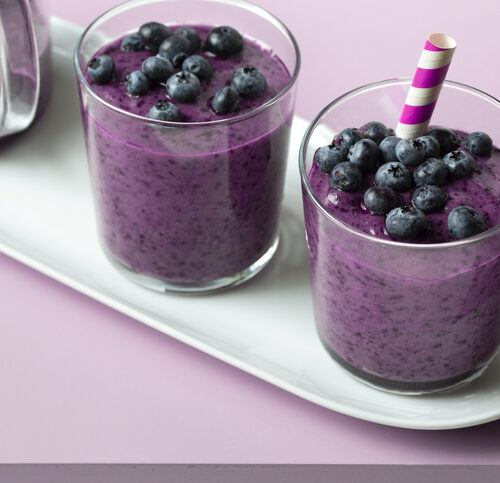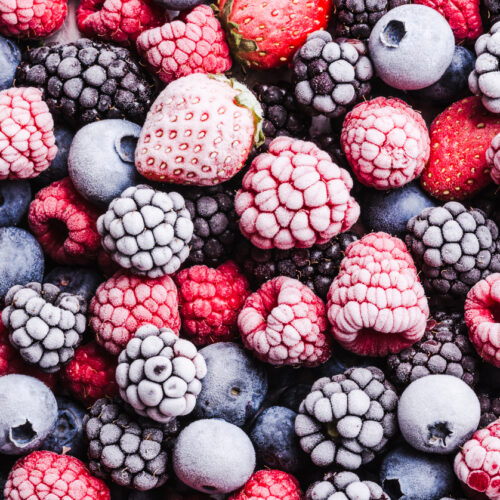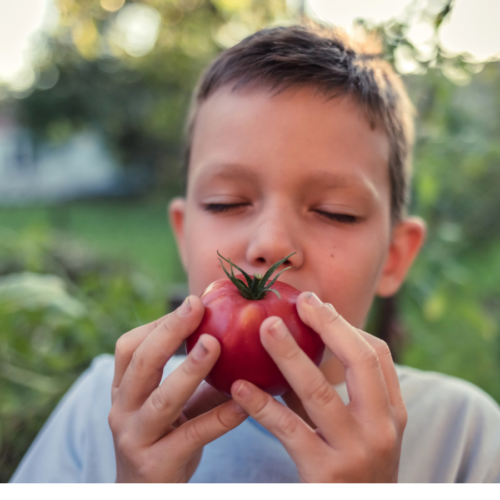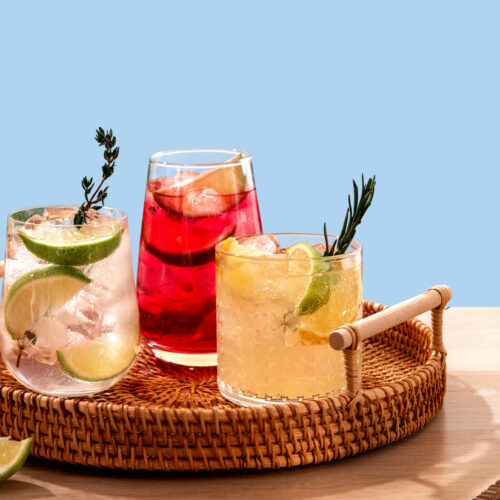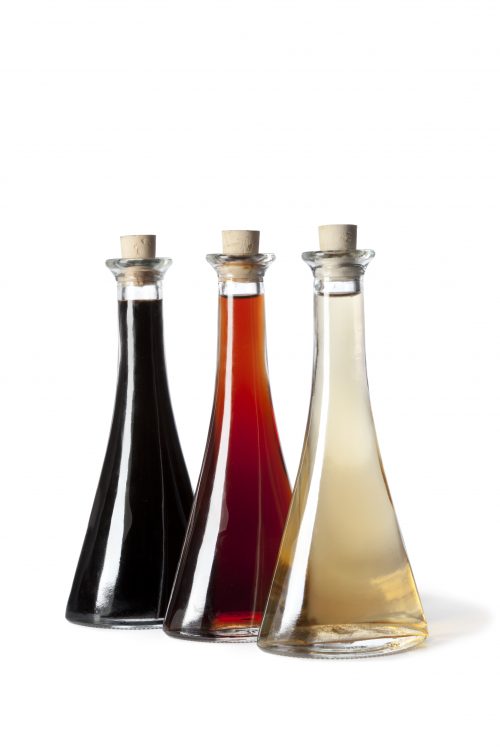
Q: “I love vinegar! Malt mostly, but also white, balsamic, red wine and cider vinegar… I add vinegar to a lot of things and I would like to know more about it.”
Charlotte
A: Our word vinegar comes from the French word ‘vinaigre’ (literally ‘sour wine’). If you left grape juice in the right conditions, exposed to air, it would eventually turn into vinegar as the juice ferments: naturally occurring microflora and yeasts devour the sugars in the liquid and convert them into alcohol. Acetic bacteria invade and consume the alcohol, and in turn change the alcohol into acid, making vinegar. Vinegar we buy is made in a more tightly-controlled, manufacturing setting but the basic premise is the same. Vinegar can also be made from barley, sherry, cider or rice.
Balsamic vinegar is made from unfermented grape juice aged in wooden casks. Like wine, it can be aged for many years and takes a great deal of skill to craft. True aged balsamic vinegar is thick and syrup-like and is used as a condiment or even drunk on its own. (Some ‘balsamic’ vinegar we buy is not true aged but coloured and flavoured to resemble balsamic vinegar.)
Malt vinegar is made from malted barley and has a strong flavour. It is most commonly used in pickling, preserves, and on fish and chips.
Rice vinegar, most common in Asian cuisines, is made from soured and fermented rice wines.
Vinegar is gluten-free unless it is malt vinegar (made from barley).
www.healthyfood.com


